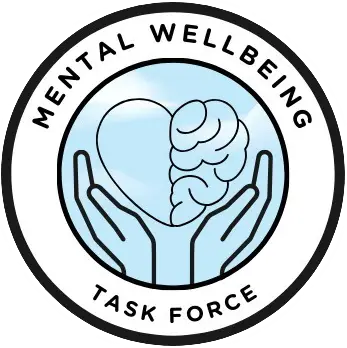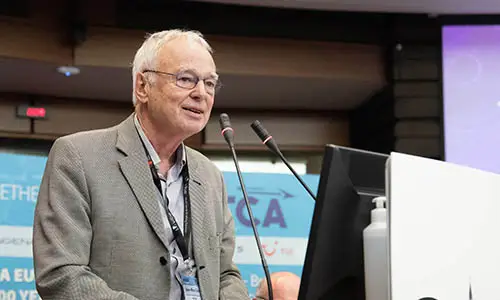
by Jaco van der Westhuizen
IFATCA Well-being Task Force Coordinator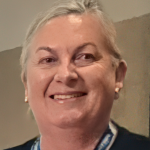
And Bron Sanderson
IFATCA Well-being Task Force Comms Leader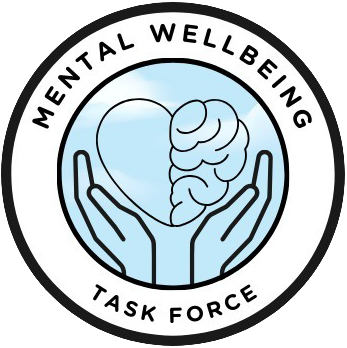
The IFATCA Wellbeing Task Force has grown in size in recent months, and we have established a framework to inform the work we plan to do over the next 3 to 5 years. That said, we have divided the deliverables into streams with a stream lead for each main focus area and more pressing matters that require attention in the global aviation domain. Four streams aim to present at least one deliverable each by the 2025 IFATCA conference.
Our primary focus areas for 2025 are as follows:
- Setting guidelines to help IFATCA Member Associations set up quality peer support programmes (or collaborate with local Air Navigation Service Providers or CANSO to set up a joint capability).
- The TF will facilitate the process of certain MAs searching for appropriate CISM training facilitators, and then a list of tested options can be shared.
- In addition, having trained CISM debriefers is not enough to make a programme work sustainably in the interest of safety. To that point, the TF will arrange for online workshops open to all MAs interested in information on how to set up a CISM programme and how to manage such a programme based on the expertise gained through existing programmes.
- The TF aims to facilitate regional capabilities where small ANSPs/MAs are unable to set up programmes due to cost or size.
- Lastly, the aim is to establish a library of material for MAs to use on an ongoing basis to promote safety, well-being, and destigmatisation because supporting mental health and well-being is not a destination but a journey in itself.
IFATCA Wellbeing Task Force chair Jaco van der Westhuizen & Bron Sanderson, Task Force Communications Leader, attended the IPAAC 2024 Annual Conference in Osaka, Japan, from 5 to 7 November, 2024. The International Peer Assist Aviation Coalition 2024 Annual Conference brought together aviation professionals from various sectors—pilots, air traffic controllers, cabin crew, aviation medical regulators, and licensed engineers. Representing IFATCA, Jaco van der Westhuizen and Bron Sanderson participated in discussions on the importance of mental health and well-being within aviation, mainly through the lens of peer support programs and the IFATCA Mental Wellbeing Task Force.
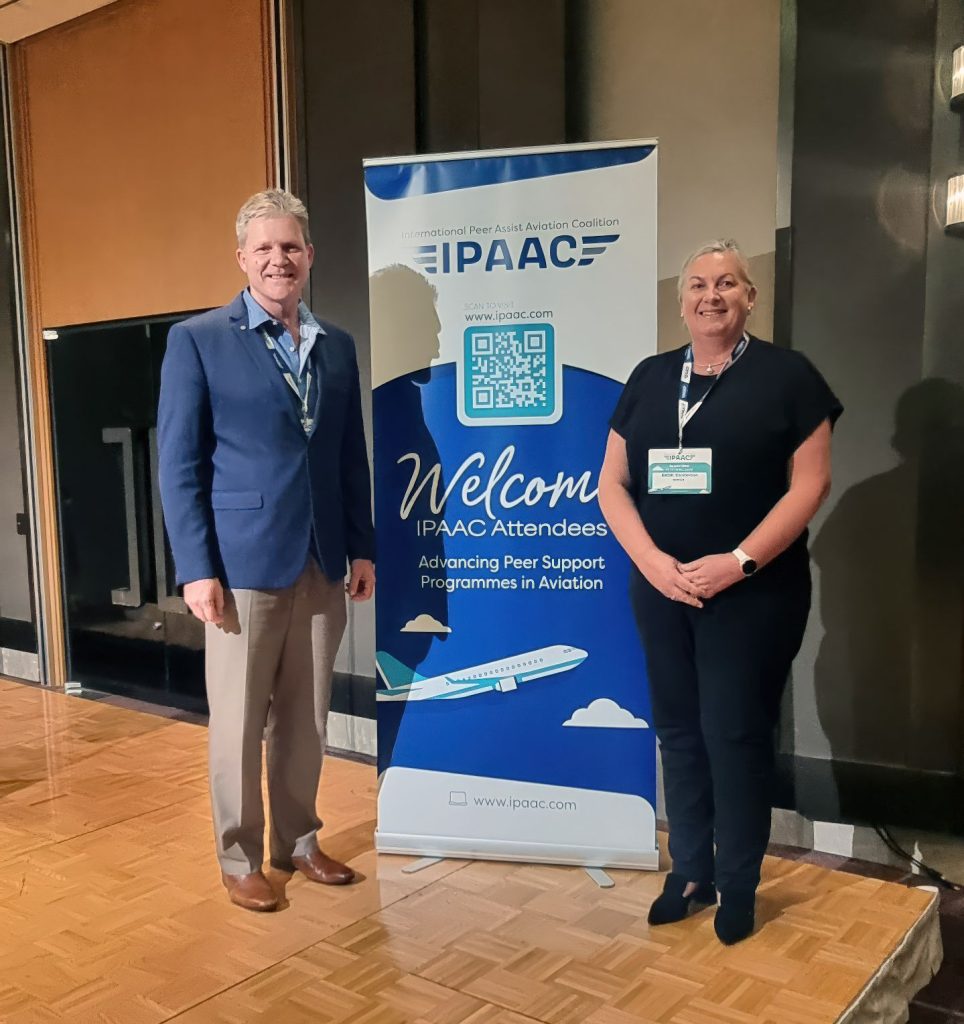
The central theme of the conference was building and enhancing peer support programs to address mental wellbeing in aviation personnel. The discussions highlighted the crucial link between mental health and aviation safety, emphasising the need for industry-wide efforts to identify and address mental health challenges in safety-critical roles.
Capt. Dave Fielding, Chair of IPAAC, opened the conference with a powerful statement: “If the second highest cause of fatalities in western-built aircraft since 2011 were a technical issue, they would have fixed it by now.”
This quote underscored the growing recognition that mental health issues—while often invisible—pose a significant threat to aviation safety.
Key Takeaways
- Undisclosed, untreated mental health issues in aviation personnel represent a serious risk to safety.
- A holistic approach to well-being, including peer support networks, early intervention, and stigma reduction, is essential for improving mental health in aviation.
- The conference reinforced the need for collaboration across the aviation sector to address these challenges.
The IPAAC 2024 Conference was an important step in fostering collaboration across aviation industries to improve mental well-being and performance. IFATCA’s participation reinforced the need for robust peer support systems to enhance safety and support aviation personnel. IFATCA led the Tuesday afternoon session dedicated to ATCOs and the workshop covered the IFATCA mental wellbeing framework as well as the data from the April 2024 survey amongst MAs and lesson learned from peer support programme implementations from across the globe.
Continued efforts in this area will be crucial for maintaining high safety standards and promoting the well-being of aviation professionals. Conversations with other industry stakeholders, including Air India, could culminate in collaboration with the Indian MA, starting up peer support. In addition, the potential for IFATCA to host a global survey on self-reported mental healthcare avoidance behaviour was furthered with Dr Billy Hoffman, a neurology researcher from George Town University, and alternatives were discussed for consideration by the IFATCA Task Force in the interest of ATCO safety and service delivery.
On the final day of the IPAAC conference, IFATCA re-iterated its mission through the mental wellbeing task force by:
- Setting guidelines through collaboration with IPAAC stakeholders to assist MA and ASNPs in setting up quality peer support programmes globally;
- Enable regional capabilities where smaller MAs and ANSPs are unable to set up local internal programmes;
- Investing in a library of material for MAs to promote safety, well-being and mental health destigmatisation.




